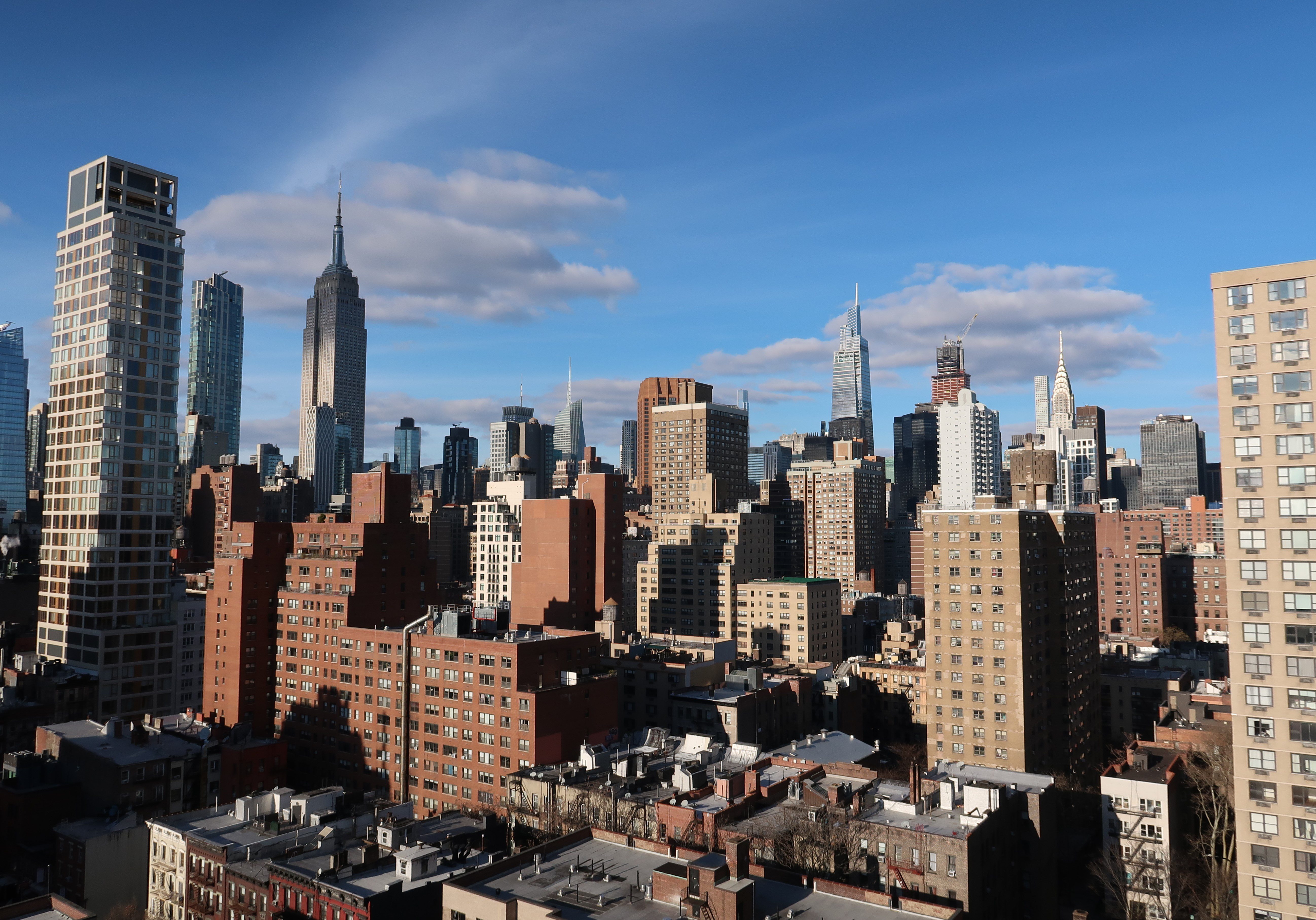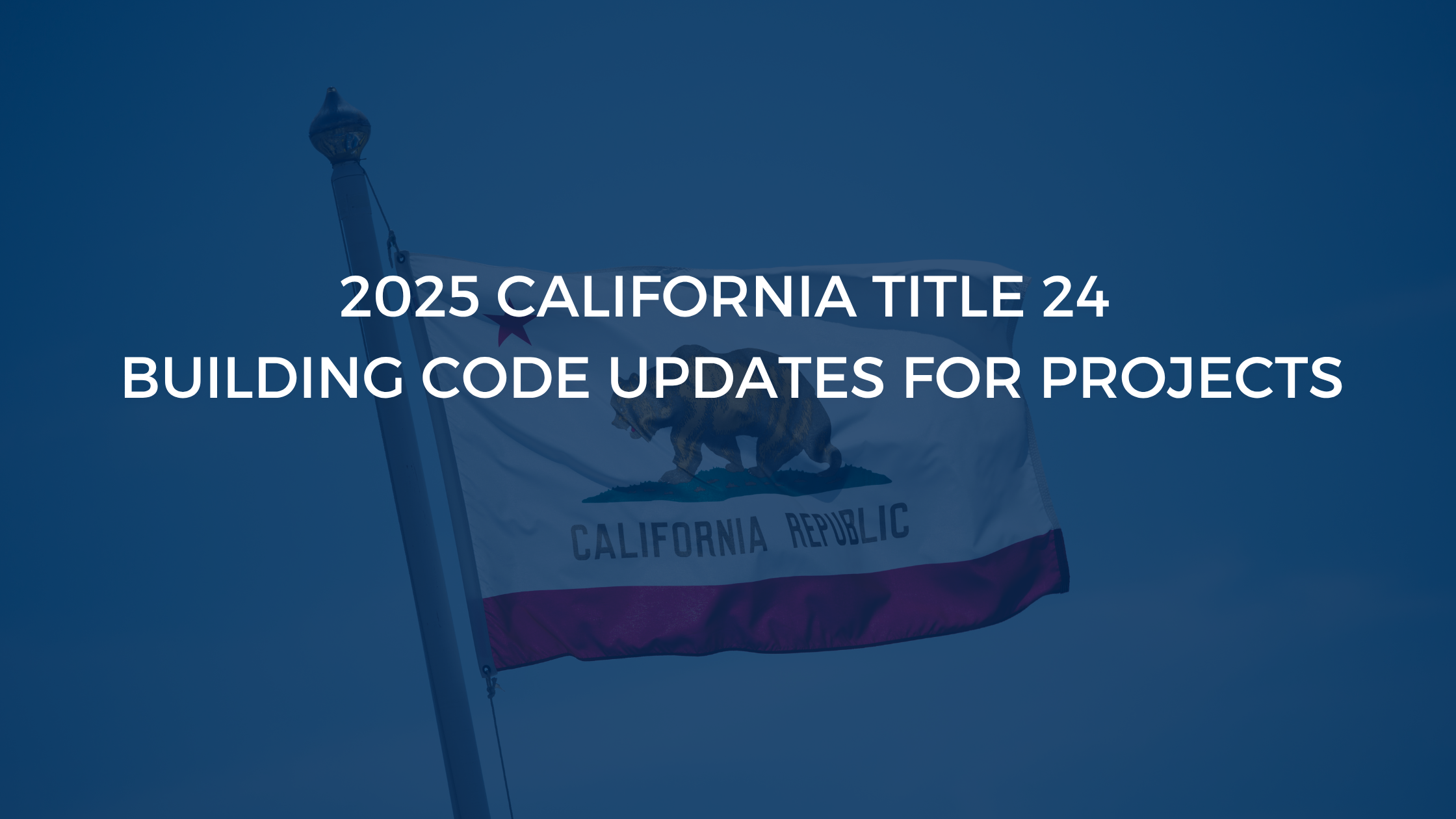The retail industry has taken sharp turns in recent years as technology and social factors made things like showrooming and omnichannel popular.Now, one of the biggest modern trends in retail is using the storefront for everything but actually selling to the customer. Rather, forward-thinking brands are utilizing their physical spaces to engage shoppers through social services and amenities that build relationships with this new generation of consumers that focus more on the experience than the transaction.
These social halls are emblematic of the shift toward experiential retail, whether that means adding features like a small cafe and lounge area, a spa or a dedicated space for demonstrations and classes. With that change come new zoning considerations for real estate owners and retailers who must reconcile multifunctional spaces against challenges presented in leases, entitlements, building codes and fire codes.
What is experiential retail?
The rise of ecommerce and online shopping has in many ways led to the emergence of experiential retail. When consumers can buy online and have clothing, groceries and other goods shipped to their door, why visit a brick-and-mortar store? This is the existential question retailers have answered by adding attractions, features and events to their stores. It's a strategy that has been adopted by luxury retailers and hobby stores alike, according to the Commercial Real Estate Development Association.
There are a couple of defining qualities to experiential retail:
- It is immersive and engaging
- It prioritizes the customer experience above a sale
- It can be shared to social media
- It builds brand recognition, trust or loyalty
An example of this — highlighted by the NPD Group — is the Macy's in Herald Square, which hosts fitness classes with Nike.
Concerts, outdoor equipment demos, wine bars and wellness services are all provided in order to engage younger buyers, who increasingly make up more of the spending economy: 78% of millennials would rather spend on an experience than buy a product or service, according to Eventbrite research.
Constructing social halls can be complicated
Experiential retail is such a departure from tradition that social halls often require extensive construction and zoning planning. Such projects encompass far more than the normal inventory rooms, registers, signage, shelving and basic utilities. A shoe retailer may now need cold food storage or concert stages and the requisite lighting and wiring. Similarly, outdoor outfitters may need climbing walls or spaces for camping demonstrations. The transformation into a multifunctional space could be difficult for owners and retailers without experience.
The inclusion of experiential features, specialty elements and new infrastructure can make construction of social halls a complex coding and zoning undertaking. Practically, building entirely new spaces from the ground up would result in diverse and numerous permitting needs. Retrofitting facilities with social hall elements could also be a highly involved project that presents building or fire code challenges. Location of the storefront could also impact its ability to add features if certain zoning restrictions are in place.
How are municipalities adapting?
Some of the challenges that owners and retailers may encounter with social hall construction is that zoning regulations do not address the use specifically. Because such storefronts are a new trend, many municipalities are playing catch-up to include them into their zoning regulations with defined limitations. Taking a look at how some of these towns address social halls may help prepare owners and retailers.
Stamford, Connecticut, amended zoning code language in April 2019 to provide a more solid definition of a social hall, or "a multifunctional building used for at least three of the following uses: business, educational, social activities and programming, including but not limited to food and beverage service (including alcohol), collaborative workspace, research and development and incubator/maker space."



-3.png)


